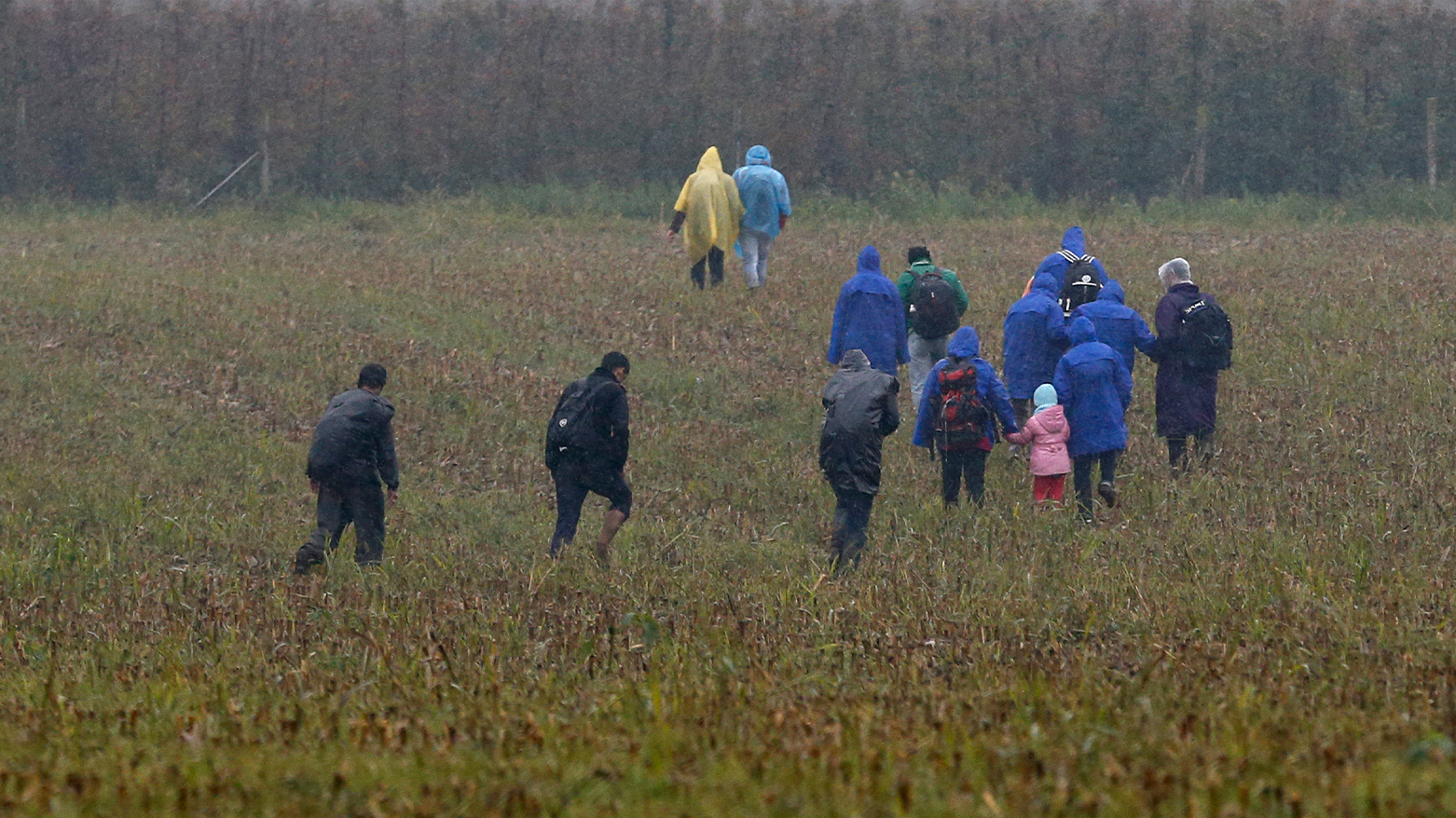Sweden Offers Generous Financial Incentive for Voluntary Repatriation
This controversial decision, championed by the anti-immigrant Sweden Democrats party, will be implemented starting December 1, 2026.

ERBIL (Kurdistan24) – In an unprecedented move, the Swedish government has announced it will provide 350,000 Swedish kronor (approximately $34,000 USD) to immigrants who choose to voluntarily return to their home countries, effectively ending their residency or citizenship rights in Sweden.
This controversial decision, championed by the anti-immigrant Sweden Democrats party, will be implemented starting December 1, 2026.
The policy targets individuals who entered the country through integration programs, with each family member eligible for the full amount. It represents a dramatic increase from the current compensation of 10,000 SEK for adults and 5,000 SEK for children, capped at 40,000 SEK per family.
This existing program, established in 1984, has seen limited success in encouraging voluntary returns. Sweden has witnessed significant immigration since the 1990s, particularly from conflict zones like Syria, Iraq, Iran, Somalia, Afghanistan, and the former Yugoslavia.
Despite a recent government inquiry advising against a significant increase in financial incentives due to potential costs, Prime Minister Ulf Kristersson, backed by the Sweden Democrats, has made curbing immigration and crime a priority since taking office in 2022.
Official figures show that Sweden's immigrant population reached 2.76 million last year, accounting for approximately 28% of the total population. Syrians constitute the largest group with 244,000 individuals, followed by Iraqis at 195,000.
While Sweden's compensation offer is unprecedented, other European countries also provide financial assistance for voluntary returns. Denmark currently leads with over $15,000 per person, followed by France at $2,800, Germany at $2,000, and Norway at $1,400.
This policy shift has sparked intense debate, with supporters arguing it will help manage immigration levels and reduce social strains, while critics condemn it as discriminatory and potentially ineffective. The long-term impact of this initiative on Sweden's demographics and social fabric remains to be seen.